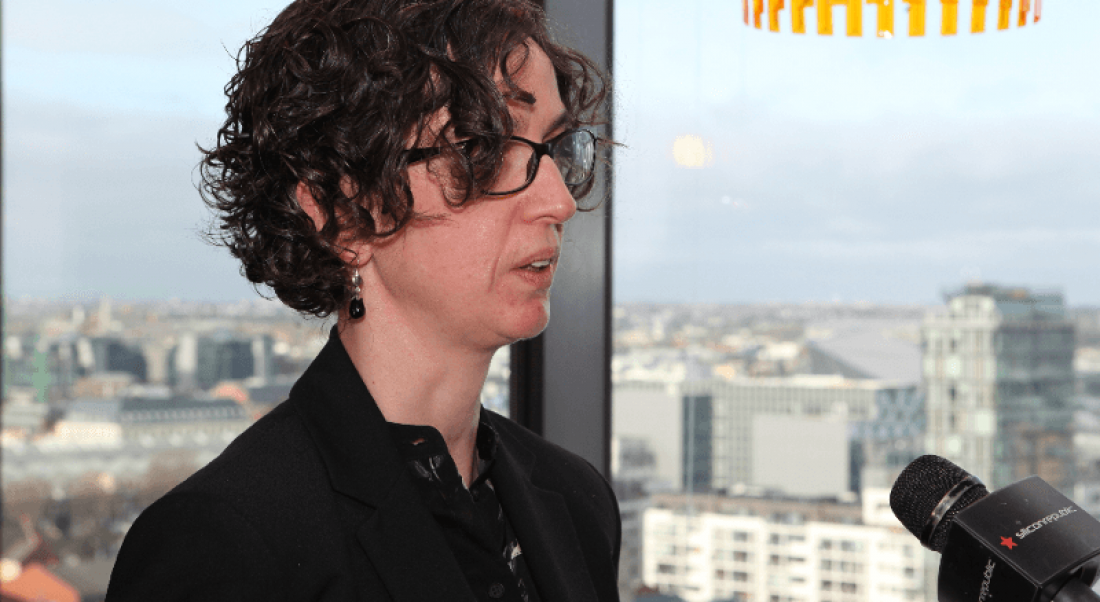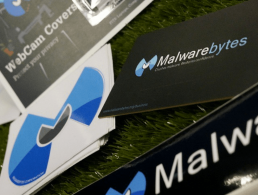It is critical for future generations of Irish people, especially young women, that computer science and coding are added to the Leaving Cert curriculum, the head of education outreach at Google in Ireland said this week.
Encouraging more girls to pursue STEM subjects will broaden economic opportunities for many, said Fionnuala Meehan, who is managing director of EMEA Sales (SMB) at Google and who leads a 500-strong team within Google’s 5,000-strong operation in Dublin.
Earlier this week, the head of Google in Ireland, Ronan Harris, said that Ireland is the data capital of Europe and, thanks to the large presence of companies like Google, Facebook, Twitter, Dropbox, Dell, IBM, Microsoft and many others, stands at the global intersection of data.
As a result, Ireland is the envy of Europe.
Harris said it is up to Ireland to make the most of this new resource by making correct decisions in terms of policy such as regulation, education and infrastructure.
‘We really feel, as other countries have done, that this is the thing that is going to get maximum exposure for the generations to come, across all economic backgrounds as well as across the male-female divide’
– FIONNUALA MEEHAN, GOOGLE
Meehan, who also heads up most of Google’s education outreach programmes, said it is critical that the Irish government moves to add computer science to the curriculum in order to secure the jobs of the future.
The UK added computer science to its curriculum in 2013 and children from as young as five all the way up to 16 are learning how to code.
Currently, there are 700,000 job vacancies in ICT across Europe. The European Commissioner for the Digital Single Market Andrus Ansip has predicted the European app economy will be worth €60bn by 2018 and could generate 3m jobs.
Today, there are 3bn people online and this will grow to between 4bn and 5bn online by 2020.
So, is Ireland’s failure to put computer science on the school curricula likely to jeopardise the economic future of future generations?
Every industry is about to become a technology industry
According to Meehan, every industry is likely to be touched by computer science in the years ahead and a sure-fire way of encouraging more women into STEM is putting computer science on the curriculum.
“Education is really in our DNA as a company and the kind of outreach we do is built around the values we have as a company in terms of diversity, access to information and using technology to solve the world’s biggest problems,” said Meehan.
“We passionately believe in technology, not only in the narrow sense of engineering and wanting to produce more fantastic hardware and software engineers and wanting them to be female, but we also believe the key for many different careers into the future.
“And so we are very supportive of any efforts to build teacher capability and expose more and more students to coding with a view to not just being engineers but really thinking about how they could approach fashion, art, design using those skills.”
Meehan said Google has rolled out its own CS (computer science) First programme aimed at enabling any teacher to be able to pick up the skills to teach coding through Scratch to nine-to-14-year-olds through a partnership with Trinity College Dublin.
She said that Google’s Call to Code competition has also seen a significant increase in female participation, going from zero in 2014 to 15pc in 2015.
Equipping women, in particular, with coding skills is already proven worldwide to act as a catalyst for economic improvement, and putting computer science on the curriculum would increase female exposure to technology careers.
“From the research we’ve done and from experience of working with Trinity on professional development for teachers and our national coding competition Call to Code, everything we’ve learned has told us it is really important that every student in the country has access to these skills.
“The white paper we published a few years ago talked about the main barriers in terms of female students not picking coding, for example, and a lot of that is just their own perception that they could be good at it, their peer group and encouragement from parents.
“In terms of the programmes we’ve run, we’ve seen that we didn’t have any female students in the finals last year, we had 15pc of finalists who were female students this year and so it is really about changing perceptions and building confidence.
“When we think about that confidence, changing perceptions and access for everyone we feel it being on the curriculum is the turnkey thing that needs to happen,” Meehan concluded.
“We are not responsible for policy, that is the preserve of government but, when we are asked, we really feel, as other countries have done, that this is the thing that is going to get maximum exposure for the generations to come, across all economic backgrounds as well as across the male-female divide.”




